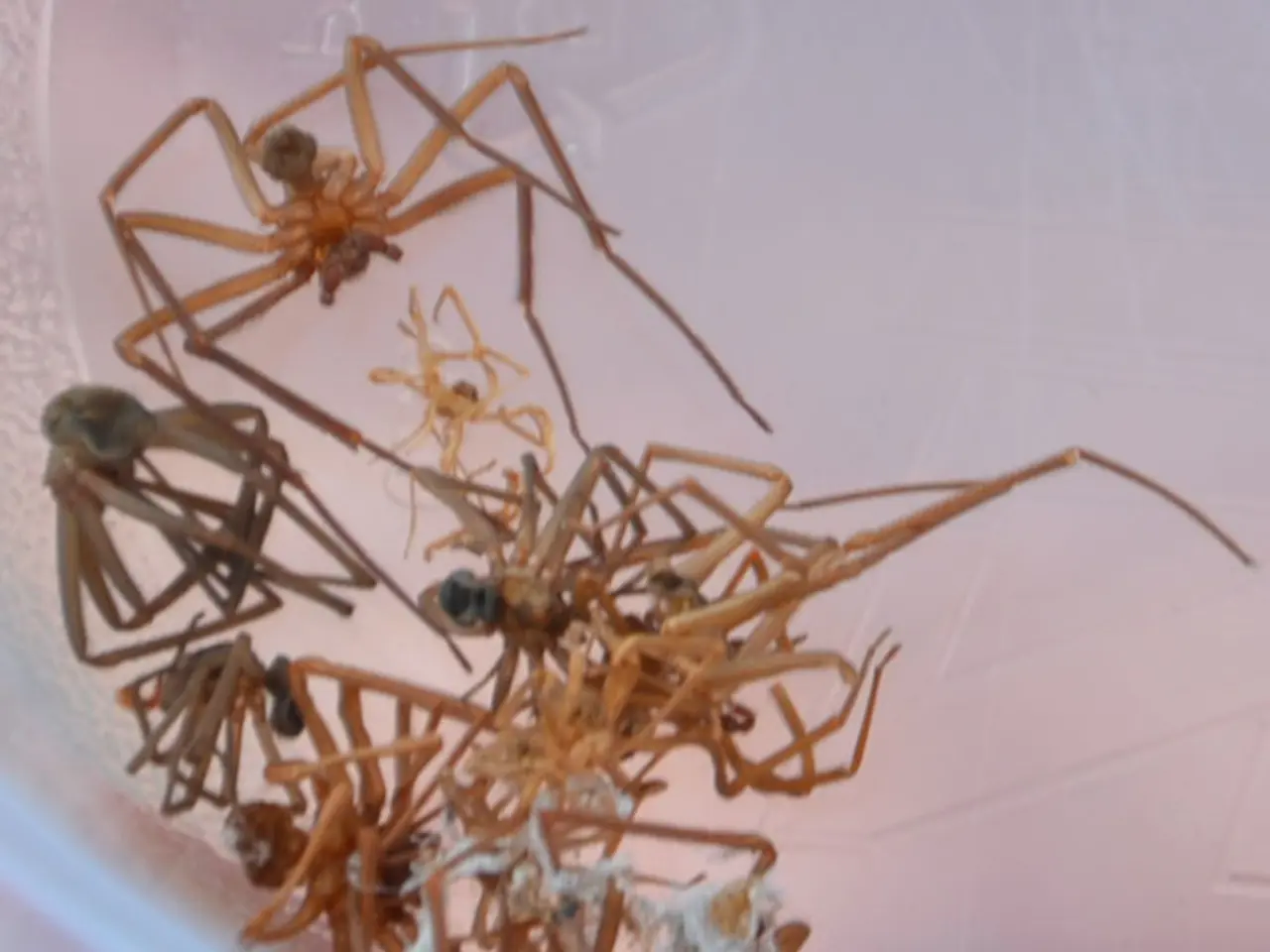Officials at the customs uncovered tarantulas discreetly concealed within spongecake containers during an illicit smuggling operation.
A remarkable discovery was made at Cologne Bonn Airport in Germany, where customs officials intercepted a shipment containing approximately 1,500 young tarantulas hidden inside plastic containers within chocolate spongecake boxes. This unusual seizure left even experienced customs officers speechless, indicating that such cases are rare but alarming.
The shipment, weighing around 15 pounds, aroused suspicion due to a noticeable smell that did not resemble the expected aroma of the confectionery treats. Upon further investigation, customs officials discovered the tarantulas hidden within the packages. Many of the arachnids did not survive the journey, which likely involved a violation of German animal-welfare rules. The surviving tarantulas were handed over to professional care.
Criminal proceedings are underway against the intended recipient of the tarantulas in the Sauerland region, east of the airport. Charges include failure to properly declare the animals to customs, not paying appropriate import duties, and violations of animal welfare regulations. Since animals from non-EU countries must be declared and duties paid, smuggling living creatures carries legal risks including fines and prosecution.
Jens Ahland, spokesman for the Cologne customs office, described the discovery as extraordinary and expressed sadness at the fact that some people would exploit animals for profit in this way. The tarantulas originated from Vietnam, and the shipment contained approximately 7 kilograms (about 15 pounds) of chocolate spongecake.
This case highlights the serious legal and ethical implications involved in animal smuggling, even when disguised in unusual ways like dessert packaging. The smuggling of tarantulas hidden in chocolate spongecake boxes appears to be a rare but notable incident rather than a common occurrence.
The smuggled tarantulas were not only found in chocolate spongecake boxes, but also show the connection between the 'animal-welfare' and 'crime-and-justice' sectors, as the intended recipient faces charges for failing to declare the animals, not paying import duties, and violating animal welfare regulations. Furthermore, this 'health-and-wellness' issue extends to the 'science' field, as the survival rate of these arachnids highlights the importance of understanding the impact of transportation on exotic species.




